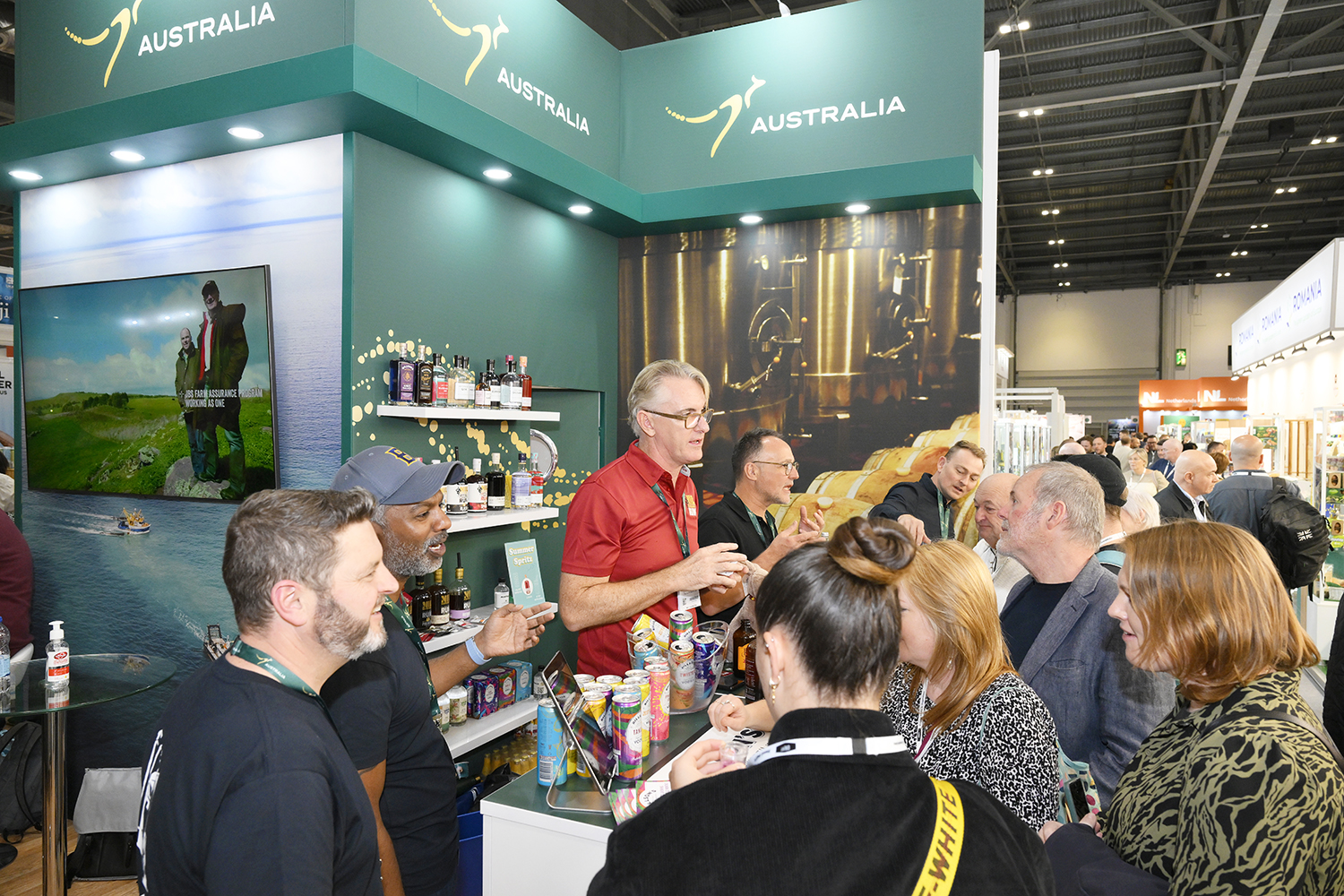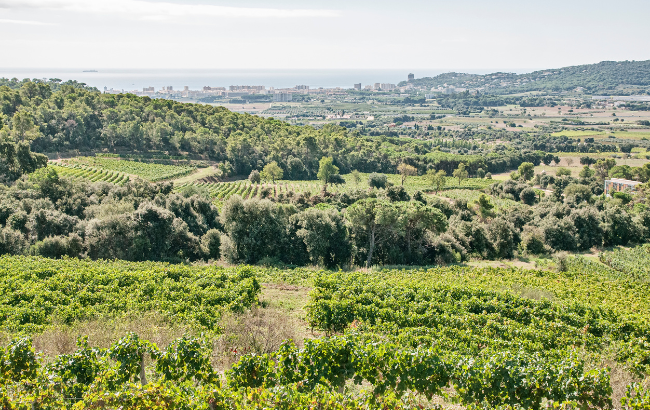Champagne gives the worst hangovers
By Lucy ShawDrinking Champagne and other sparkling wines like Prosecco and Cava leads to worse hangovers than still wine, it has been found.
According to Boris Tabakoff, pharmacology professor at the University of Colorado, the carbon dioxide in Champagne and other sparkling wines causes alcohol to be absorbed into the blood stream faster than it does in still wines.
“The carbon dioxide in carbonated beverages like Champagne helps absorb the alcohol,” Tabakoff told ABC News.
“You get a faster rate of absorption and higher blood alcohol levels if you drink Champagne as opposed to something non-carbonated,” he added.
The quicker rate of alcohol absorption leads to a worse hangover the next day.
Tabakoff states that two thirds of people get drunker faster when they drink Champagne or other sparkling wines like Prosecco or Cava in comparison to still wines, and will therefore feel the effects more acutely the morning after.
Partner Content
Hangovers are caused by two things: brain inflammation and the brain’s overcompensation in the face of alcohol’s depressant mechanisms.
“That’s why bright lights and loud noises seem exaggerated and torturous the day after a night of heavy drinking,” Tabakoff said.
A 2001 study at the University of Surrey found volunteers given two glasses of freshly opened Champagne had an average of 0.54 milligrams of alcohol per millilitre of blood after five minutes, while those given the same amount of flat champagne had just 0.39 milligrams.
Only 20% of the carbon dioxide in Champagne escapes from a bottle in the form of bubbles – the remaining 80% is released through direct diffusion.





If Tabakoff actually stated “The quicker rate of alcohol absorption leads to a worse hangover the next day” he needs to go back to school. We have known for ages that CO2 hastens the transmission of alcohol into the bloodstream, which is why a spirit diluted with a tonic water, lemonade or any other fizzy liquid will get someone drunk quicker than drinking straight shots, but Tabakoff should be well aware that it is the amount of alcohol consumed that is responsible for a hangover, not CO2. One glass of Champagne won’t give you a hangover, however fast you drink it!
Perhaps it’s unwise to argue with science but it has never been my experience that champagne gives worse hangovers – quite the opposite in fact. Furthermore there is no mention in the study of the psychological factor: champagne, more than any other drink, is associated with feeling happy and I suspect that this would tend to lessen the effect of over-indulgence. Hard to measure and therefore not very scientific, I know, but not to be ignored either.
True, I can drink more than 1 liter of champagne in one night alone and feel nothing in the morning. Sleep like a baby. Vodka on the other hand… Even red wine when paired with some heavy food make me queasy. But I find the lightness of champagne and some other white wines suits my digestion and system pretty well. And no I am not a frequent drinker.
“Too much of anything is bad, but too much champagne is just right” I love that quote but what is definitely truth is that it doesn’t matter how fast or what kind of beverage you drink, you WILL get drunk and have a terrible hangover if you drink too much. And we are not even contemplating some other stuff like differences between men and women, weight, etc. My own experience? NEVER had bad hangover with Champagne. Science = 0. Me = 1
What leads to bad hangovers is bad alcohol.
High quality beer, wines & spirits le to hangovers too, of course, if you drink a high amount.
But it is never as bad as linking low quality stuff. With that you already feel bad during drinking it.